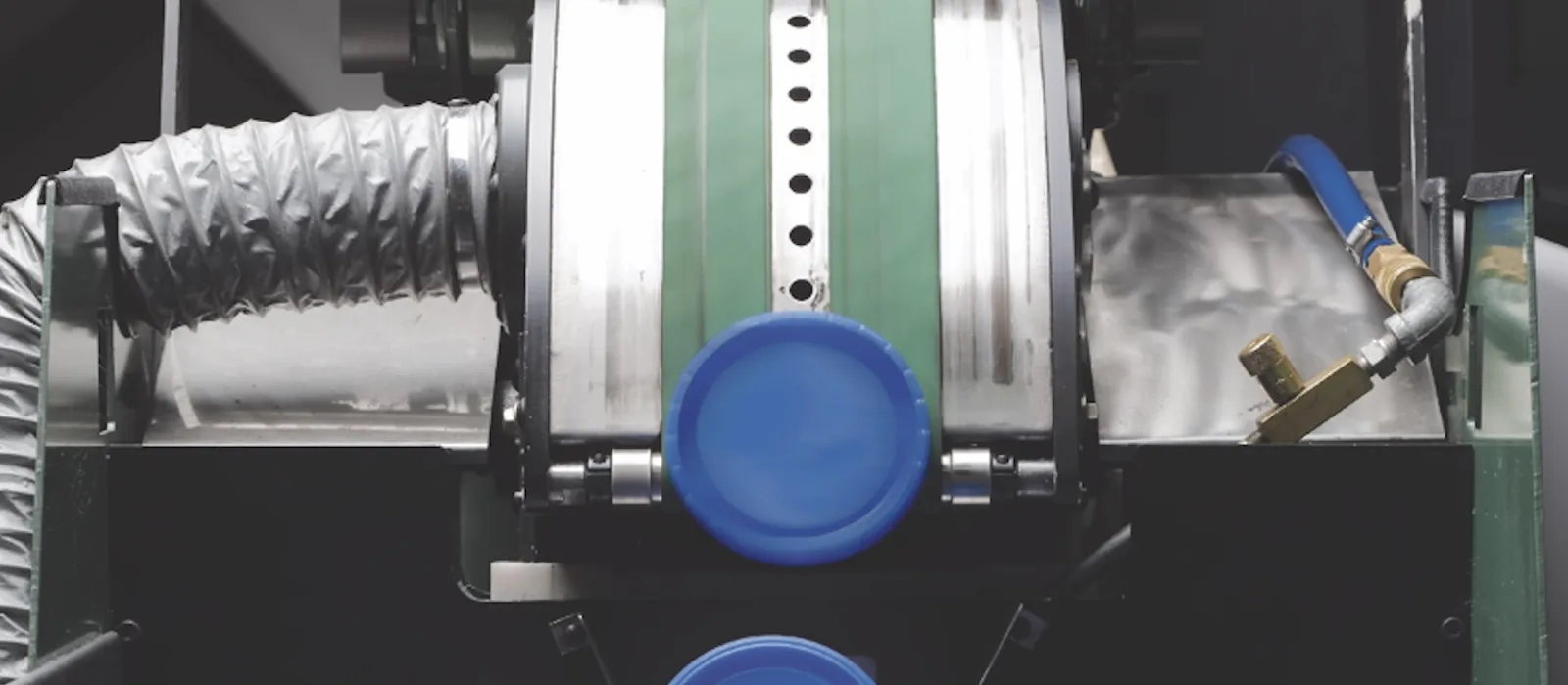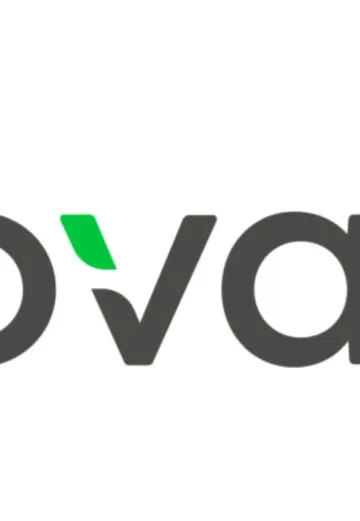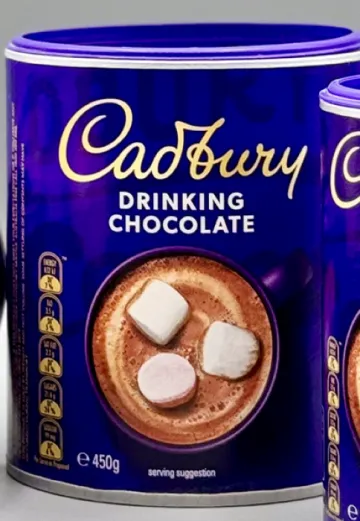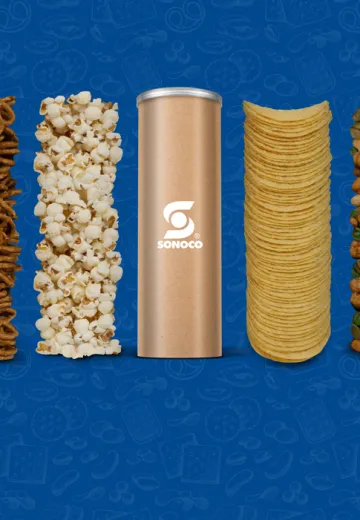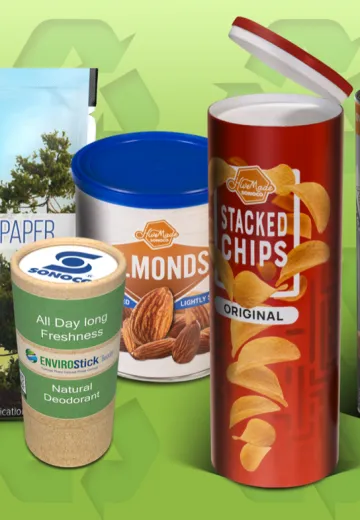Waste recycling is not only good for the environment - it’s good for business too. With Sonoco it’s possible to divert multiple materials away from landfill, while generating extra value for both yourself and your customers.
Ahead of America Recycles Day on November 15, Elizabeth Rhue, Sustainability and National Accounts Manager for Sonoco, explained more about the work her team is doing with large Consumer Packaged Goods companies looking to reduce their environmental impact.<
Elizabeth, what is S3?
“Sonoco Sustainable Solutions (S3) is our flagship service for manufacturers looking to divert waste from landfill, convert waste streams to revenue or find alternative uses or disposal methods for previously unrecycled or landfilled materials. S3 started life as an internal sustainability project at Sonoco manufacturing facilities, but once we saw the benefits we decided to take it out to the market.”
Who do you work with?
“Our clients are typically major Consumer Packaged Goods (CPGs) companies working in food and beverage or personal or home care. We tend to work closely with Environmental Health and Safety Managers, Procurement Managers looking at waste and energy and Directors of Sustainability. Although the briefs vary, we primarily focus on developing and managing sustainability programs within manufacturing facilities. We start by assessing all waste streams, and then identify and optimize waste disposal through recycling, compost, anaerobic digestion, waste to energy or other technologies. The exact methods of disposal are influenced by many different factors including type of material, technology, geography and, most importantly, meeting the client’s specific sustainability goals.”
Why do CPGs want to divert waste from landfill?
“CPGs are incredibly excited about reducing their overall carbon footprint and getting to Zero Waste To Landfill (ZWTLF). They see this as an opportunity to better serve their chosen marketplaces, and to build their reputations amongst their employee base and investors. But landfill projects should always be just one part of a larger effort, and rolled out alongside other initiatives such as lightweighting packaging or auditing a production environment for sustainability wins.”
How do you help divert waste?
“We spend a lot of time working on ZWTLF initiatives with our customers, either as part of a larger corporate responsibility and sustainability program or as a local environmental initiative. We identify cost-effective alternatives to landfilling based on the type, volume, and geography in which the waste stream is located. In addition, we’ve begun to explore how we can help customers with overall waste reduction goals through finding reuse outlets for materials and/or consulting on bulk packaging for incoming raw materials and other manufacturing inputs. We’re always looking to help customers save money or facilitate recycling on the back end.”
What other actions do you help customers take?
“There are a variety of changes that we make to customer facilities as part of the S3 program; all designed to help improve the recycling program. These may include recommending and installing equipment, such as balers or compactors, to facilitate recycling and improve waste collection. We also work with customers to set up collection streams for materials within their facility. A typical quick win is to ensure customers have standardized collection containers and signage. A seemingly small step like this can make a significant impact on the effectiveness of a sustainability program.”
How have your projects changed over time?
“When we started S3 12 years ago, many customers had limited understanding around building and optimizing a sustainability program. Today there is much greater awareness of and commitment to recycling and sustainability; our customers are much more well-versed on sustainability, recycling and waste management than they were a decade ago. So, our role is less focused on establishing sustainability programs and much more on optimization; taking things to the next level through identification and facilitation of new technologies and enhanced reporting.”
What kind of waste do you deal with?
“We are supporting customers through things as basic as standardizing collection containers and signage throughout their facilities, all the way to coordinating dispatch and logistics for each load of waste or recyclables leaving their facility. S3 manages a variety of material from ‘standard’ recyclables of Old Corrugated Containers (OCC), office paper, mixed paper, rigid plastics, pallets, drums and totes to product waste including food waste, soaps, lotions, deodorants, laundry detergents, sludges, packaged finished product waste and general manufacturing waste. We perform and provide documentation for secure product destruction for branded materials and sensitive products.”
How do you customize solutions for customers?
“We have identified many unique solutions for our customers. One example is we are working with a manufacturer of personal care products – body washes, shampoos, and conditioners - to identify a reuse outlet for off-spec product. In this case, we are coordinating the reuse of this material with a vendor who processes, repackages and sells this as lower-end products to outlets such as prisons or truck stops. We also work with many of our customers to sell cardboard boxes to box resale vendors at a higher rebate than typical baled cardboard. One project we are particularly proud of has identified de-packaging equipment to place in a customer facility that will reduce the volume of packaged liquid waste that is being sent to landfill. Our solution is projected to save the customer $400,000 per year in transportation and landfill costs. A great win for the environment and our customer!”
What makes Sonoco the go-to partner for these projects?
“A core part of the value we provide is that we are vertically-integrated and understand both the packaging design and end-of-life considerations. Also, we tap into a network of experts, both within our recycling division and Sonoco as a whole, to deliver education as well as solutions to our customers. Likewise, as a recycler that operates our own recycling facilities, we have greater insight into the market dynamics and challenges that many of our partners (and competitors) face. In short, we have a 360˚ perspective on sustainability, recycling, and waste management that many others in this space do not have.”
To find out more about Sonoco’s S3 program, or our recycling collection services for retail businesses, please visit our Recycling page or email Elizabeth at elizabeth.rhue@sonoco.com.
